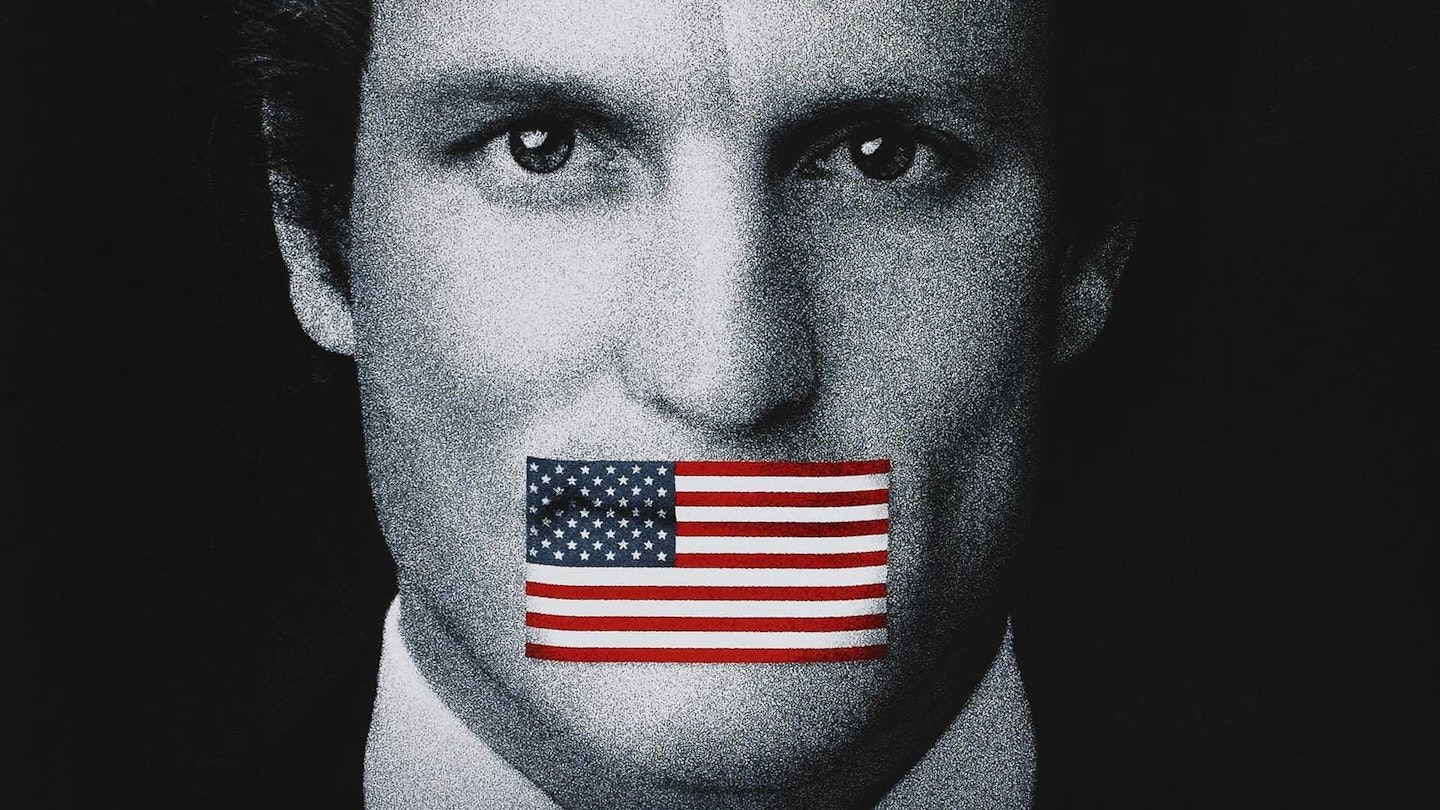How you feel about The People Vs. Larry Flynt is going to depend a lot on how you feel about Larry Flynt himself. A hillbilly who rose from moonshine-brewing to running a strip club, Flynt got rich with Hustler magazine and became an American dissident while being prosecuted for various types of obscenity. The crux of this biopic is that defending the First Amendment Rights of the American Constitution (the bit about freedom of expression) means defending Flynt's right to publish sleazy porn and offend Moral Majority preacher Jerry Falwell (Richard Paul).
Forman might have been attracted to the Larry Flynt story because he is well aware most countries would have Flynt quietly dropped in a canal rather than let him take his case to the Supreme Court. Working from a canny script by the Ed Wood team of Scott Alexander and Larry Karaszewski, Forman goes through Flynt's sleazeball career and lets the issues sneak up on the audience.
Woody Harrelson, a rare movie star who doesn't mind playing repulsive, is a powerhouse as Flynt - the real article cameos as a bigoted judge - modelling a range of hideous 70s leisure suits or offensive T-shirts. He goes through a bizarre religious phase, is crippled by a sniper's bullet, is medicated for years, sprouts green fur on his teeth and finally lets his lawyer (Norton) plead a dignified case in defence of a libel suit brought by Falwell.
The other significant character is Althea (Love), an ex-stripper who convinces Flynt that marriage doesn't mean giving up group sex but reacts to his crippling by becoming a heroin addict. Love, doing extremely well in her first star role, can't quite manage the jailbait scenes, but grows into the part marvellously, providing a quiet example of the downside of the "Hustler philosophy".
The film finds it far easier to humanise and understand Flynt than Falwell, who is set up as a hypocritical creep with dodgy business associates and therefore never taken seriously.
In the end, this has a problem traveling: it's designed to provoke debate about the issues but, as the current Crash controversy all too obnoxiously reminds us, the UK doesn't have a constitution affording us the freedoms Flynt and Falwell are blessed with.
